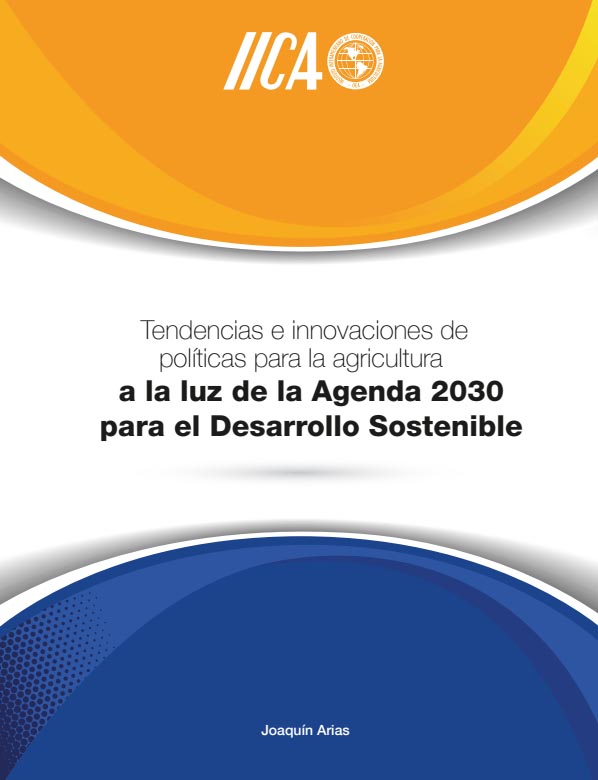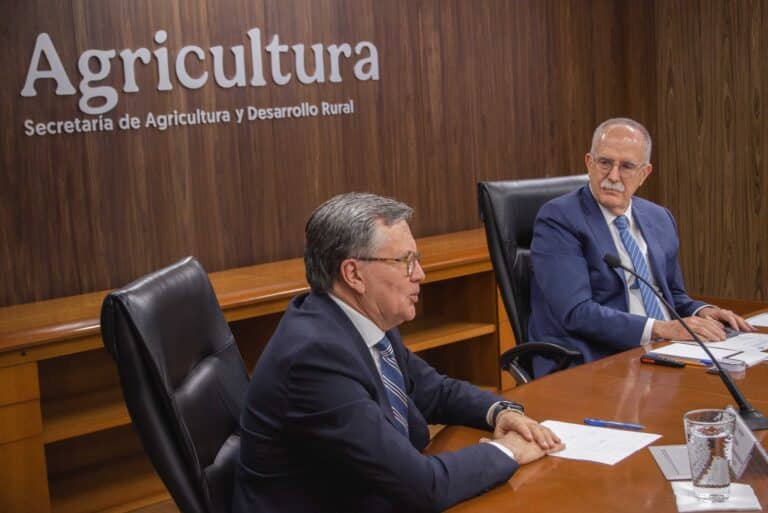A new IICA publication brings together experiences in the Americas, China and the EU on this topic; readers are urged to take advantage of it to replicate actions in other countries around the hemisphere.

San Jose, 31 July, 2017 (IICA). The Inter-American Institute for Cooperation on Agriculture, in an effort to support modernization of the agricultural policies that many countries in the Americas require, has launched a new publication that contains an analysis of agricultural policies and their contribution to sustainable development, which is a series of recommendations that can be adapted to the particular needs of each country for further implementation.
In light of the objectives defined in the United Nations 2030 Sustainable Development Agenda it is imperative that integrated agricultural policies be pursued, given that this economic activity extents way beyond primary food production and the rural environment: it touches all aspects of modern life.
The objectives of this Agenda are closely linked to agriculture, since, as outlined in the Agenda, agriculture can contribute to putting an end to poverty and hunger, promoting the use of clean energy, reducing inequalities, producing and consuming responsibly and combatting climate change and its effects.
The new document, which is available in Spanish and English, systematizes seven hemispheric dialogues that were coordinated by IICA between 2014 and 2016, and in which specialists from the Institute, government officers, representatives from the academic and private sectors as well as commentators, analyzed the agricultural policies of the United States, Brazil, Canada, the European Union, the Central American region, China and the Caribbean.
“During these discussion, there was an exchange of knowledge, analysis and identification of lessons to be learnt regarding the design of policies that can then be applied to the specific conditions of each country, taking into account their differences and peculiarities”, stated Joaquín Arias, author of the publication and IICA specialist in policies and sectoral analysis.
The publication summarizes all the topics discussed during the seminars in four areas: market-oriented agricultural policies, regional integration and market development, sustainable management of natural resources in agriculture and efficient use of inputs, and factors of production.
According to Arias, the systematization also seeks to support the deliberations of the ministers of agriculture and other stakeholders towards improving the effectiveness of their agricultural policies in light of changes worldwide.
More information:
Joaquín Arias, IICA specialist in policies and sectoral analysis
Publication: Trends and Policy Innovations for Agriculture in Light of the 2030 Sustainable Development Agenda











